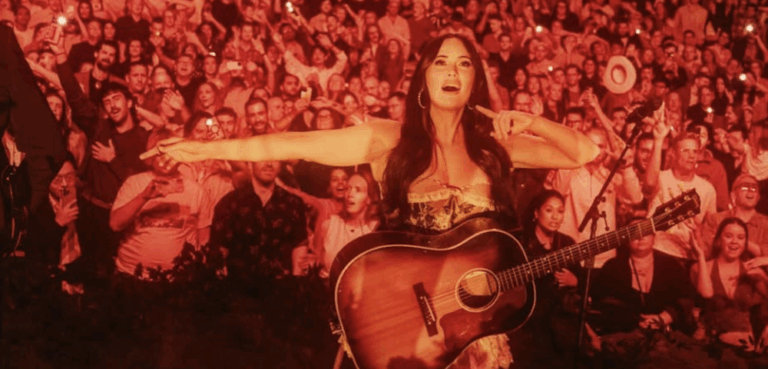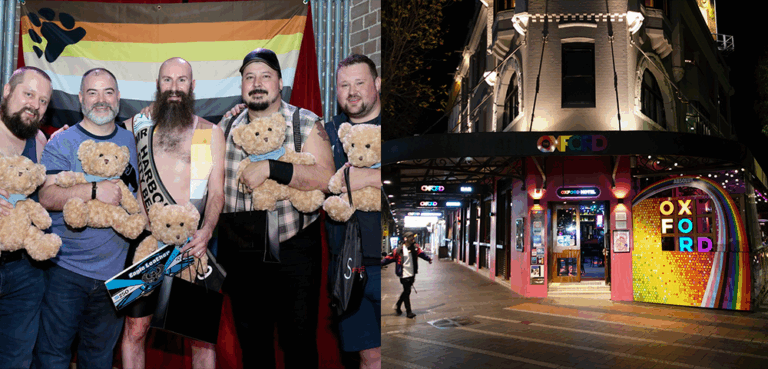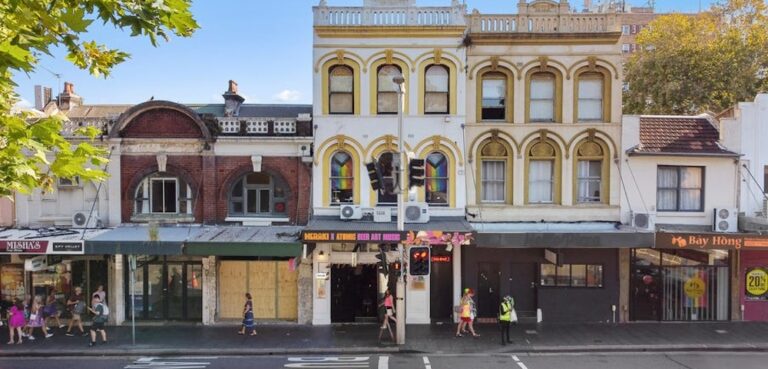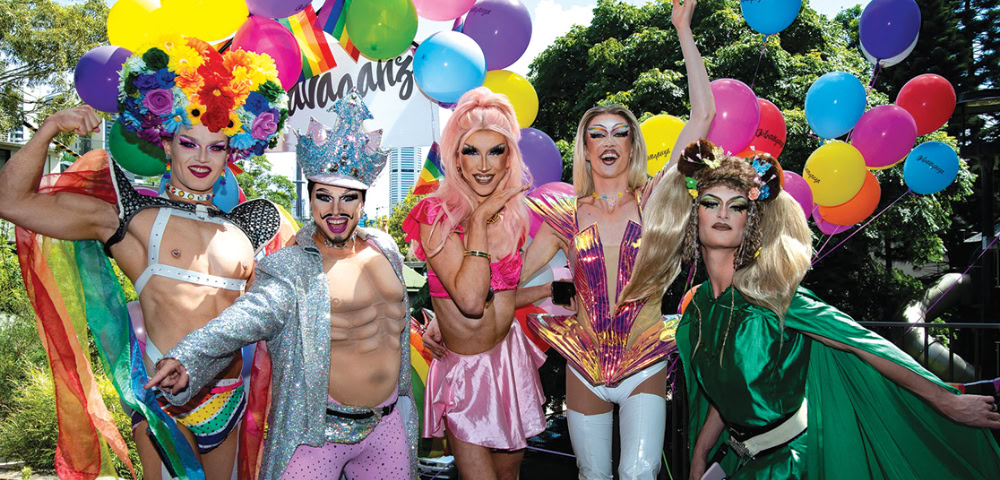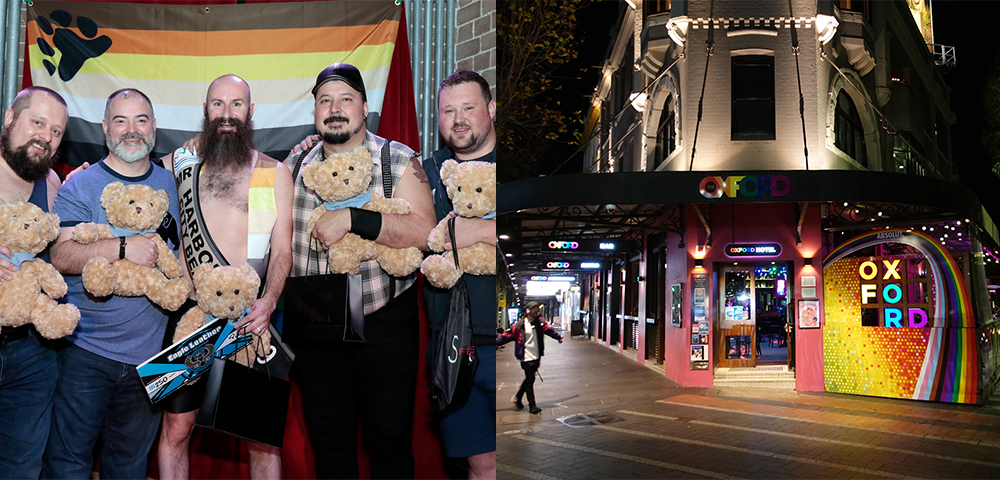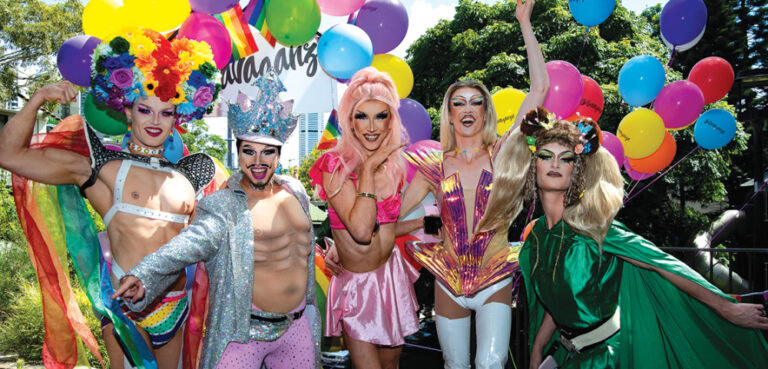
‘Don’t Go To The Police If You Are Bashed’: Gay Academic Reveals He Was Victim Of Hate Attacks In Sydney
Gay historian and academic Gary Wotherspoon revealed that he was the victim of gay bashings in Sydney thrice between 1970 and 1997 and the general feeling in the community was that the police would not do anything about it.
Trigger Warning: This story discusses anti-LGBTQI attacks comments, which might be distressing to some readers. For 24-hour crisis support and suicide prevention call Lifeline on 13 11 14. For Australia-wide LGBTQI peer support call QLife on 1800 184 527 or webchat.
Wotherspoon was the first witness to appear before the Special Commission of Inquiry into historical LGBTIQ deaths in NSW between 1970 and 2010. Wotherspoon told the Special Commission on Monday that the general view in the community was that the police were not going to help.
“(Homosexuality was) illegal up till 1984, you certainly wouldn’t go to the police to report it (gay bashing attacks). Otherwise, they would want to know what you were doing there at that time, and your name would then be known to the police as someone, ‘Why were you there?’, and you were potentially on their radar as a homosexual. So people just didn’t simply go to the police. It was often said in a bar, ‘If you ever get bashed, don’t go to the police. They won’t do anything for you’,” said Wotherspoon.
‘Poofter Bashings’ In Sydney
Even after the law changed and homosexuality was decriminalised in NSW in 1984, the police’s attitude towards the community persisted. “Our general experience was that the police weren’t particularly interested in gay bashings,” said Wotherspoon.
The academic said that the community set up its own anti-violence project in 1990-91 to report and monitor the action that was taken in response to complaints of gay bashing.
Wotherspoon said that a 1968 news report in the Newcastle Morning Herald had one of the earliest official mentions of gangs of young men indulging in what was then called “poofter bashing”. The news article reported that in the bond conditions of an accused who was arrested for an attack on men in a toilet, the judge at the Quarter Sessions court said, “hunting in packs had to stop”.
Impact Of Grim Reaper Ads
According to Wotherspoon, the attacks on the LGBTQI community increased from the mid-1980s during the HIV/AIDS epidemic and the Grim Reaper ads.
“We would get carloads of young hoons driving around Oxford Street late at night yelling out, ‘Poofters, poofters. Get AIDS, die.’ I think also for those poofter bashers from earlier years, who had always been there, whatever their purpose was, it gave them an extra, in their own mind, justification for what they were doing,” said the academic.
With no help from the police, the community decided to act. “Dykes on Bikes, bless their soul, they even set up patrols around the gay areas of Oxford to discourage hoons coming in from the suburbs and bashing people. I think you could say that these bashings and things did get reported to the police. There was a feeling in the gay community that we weren’t getting any real adequate response.”
In some cases, Wotherspoon said, his own research found that police were themselves “acting as agent provocateur”.
“They would actually go into a public toilet and act provocatively to incite someone to make a pass at them and then act – arrest that person.”
‘No Hard Feelings, Mate’
Wotherspoon recounted that he was the victim of a gay bashing attack for the first time in 1970. Wotherspoon and his then partner were walking down Paramatta road after attending a dance organised by Sydney’s first LGBT group Campaign Against Moral Persecution (CAMP) in Petersham in Sydney’s inner west.
A group of young men approached them and started punching and kicking them. The assault ended and one of the attackers told Wotherspoon, “No hard feelings, mate.” The police refused to help the couple and instead referred them to the local police station. However, after the news was reported in the media, police reached out to him saying they might have found the attackers.
Two uniformed police officers took him to the CAMP dance at the Petersham Dispensary Hall asking him if he could identify his attackers.
“I think it was done directly just to humiliate someone who actually brazenly spoken out in public against them, but also to let all those people there know, we know you are here; we know what you are. And I was never invited back to the CAMP dance at Petersham,” said Wotherspoon.
Commission of Inquiry Into Unsolved LGBTQI Deaths
Around the mid-1980s, Wotherspoon and his partner were walking down Oxford street when a group of young men came out of a bar, bashed them and ran off. The historian and academic said they did not report the attack to the police as they “didn’t expect the police to necessarily pursue it.”
In 1997, Wotherspoon and his partner were again attacked by a group of young men on Oxford Street. This time young police officers who attended to the couple were “very sympathetic”, but added that they didn’t think the attackers would be nabbed.
The Special Commission of Inquiry headed by Justice John Sackar, is looking into the “manner and cause” of unsolved deaths of LGBTQI persons, including the 88 unsolved suspected hate crime deaths, that occurred between 1970 and 2010 in New South Wales and were “potentially motivated by gay hate bias”. Justice Sackar is expected to deliver his final report to the Governor on or before June 30, 2023.
If you have any information about the anti-gay and anti-trans hate crimes that occured between 1970 and 2010 in NSW, you can contact:
- The Special Commission on its website
- Email contact@specialcommission.nsw.gov.au
- write to The Special Commission of Inquiry into LGBTIQ Hate Crimes, GPO Box 5341, Sydney NSW 2001.
